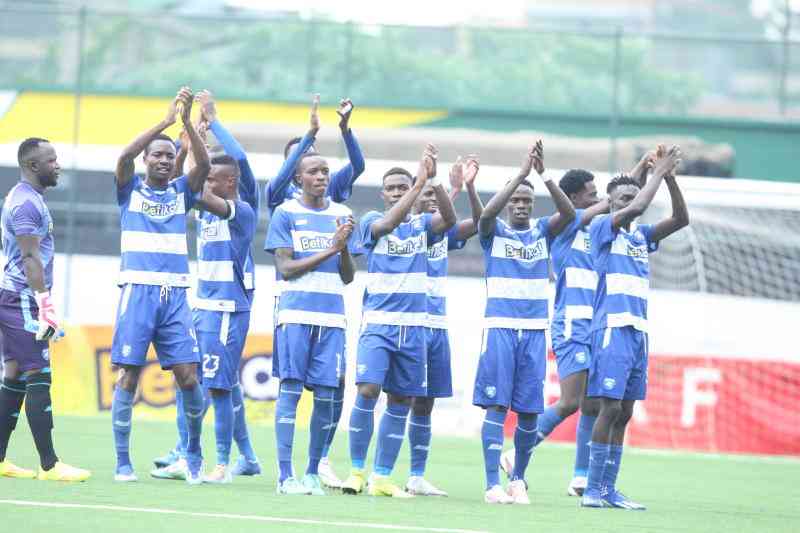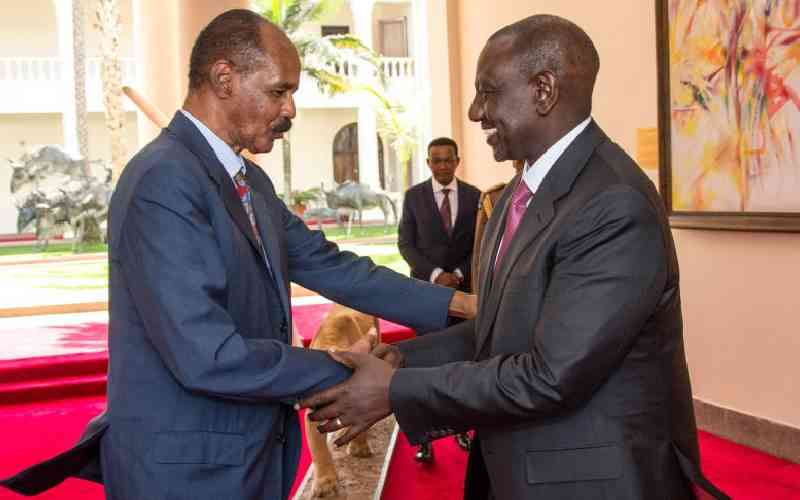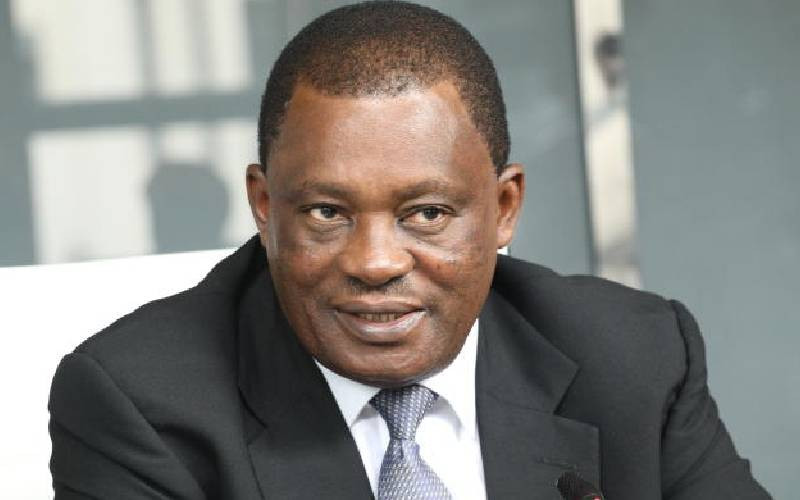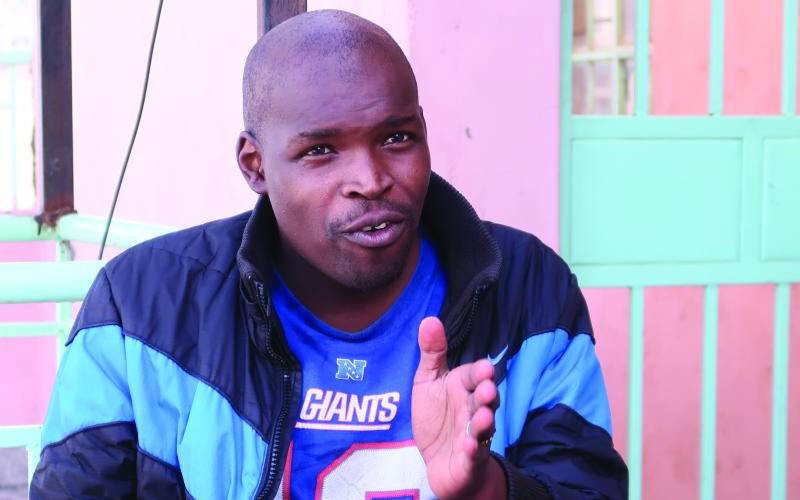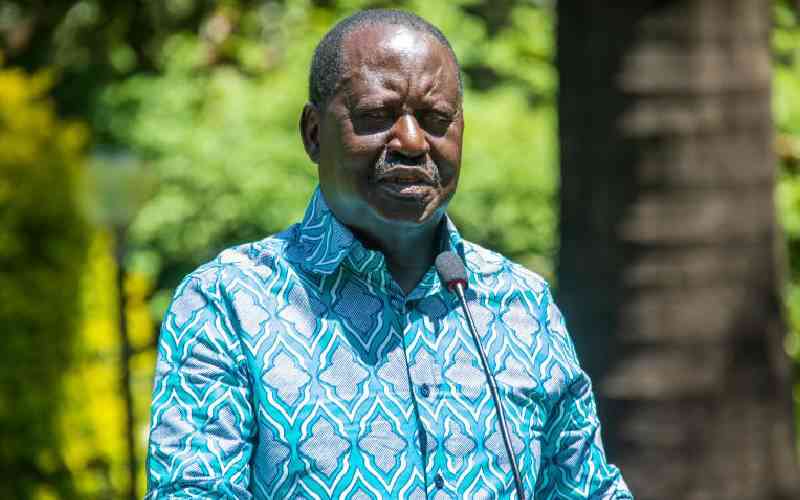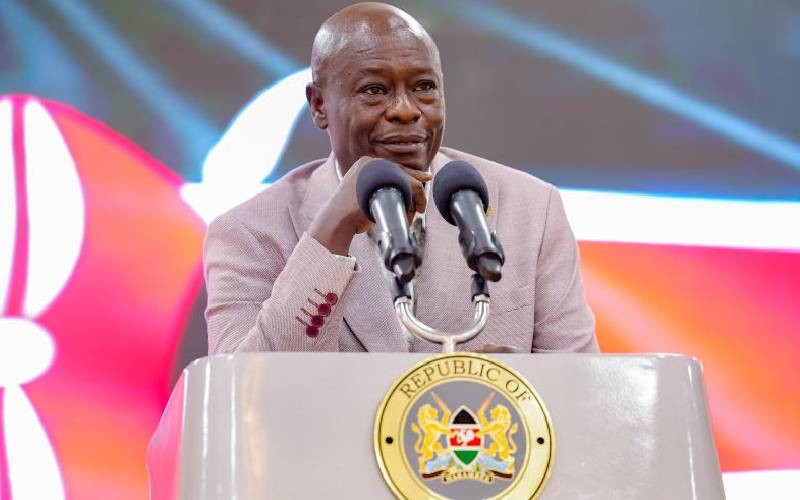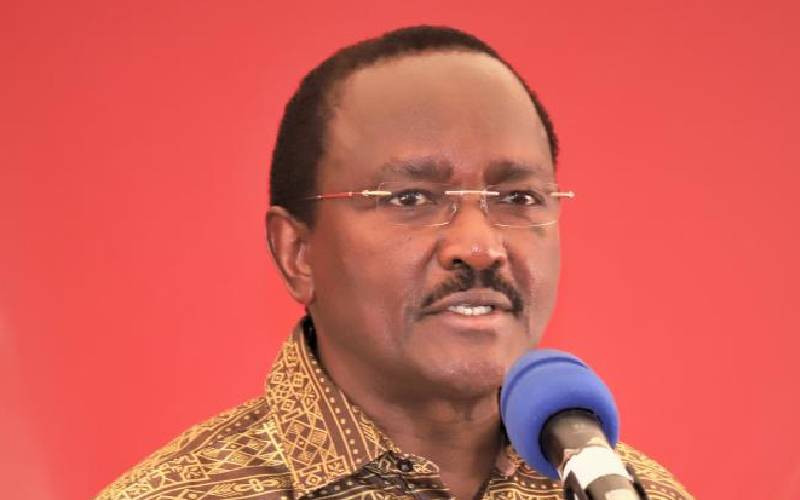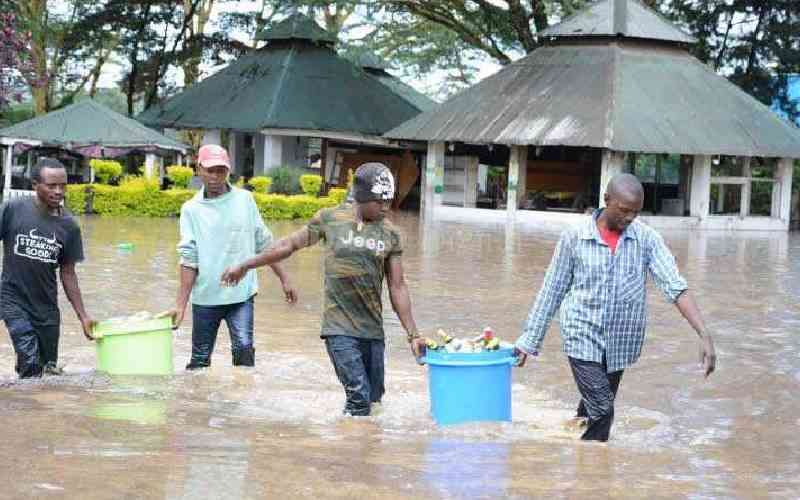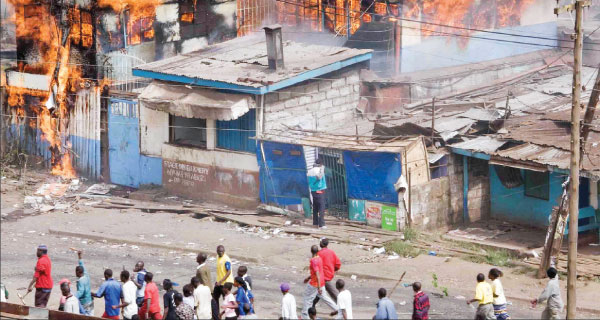 |
|
The chaos that erupted in Kibera during the post election violence after the 2007 General Elections. |
By FELIX OLICK
The victims of the 2008 post-election violence in Kenya are outraged by the ICC Prosecutor’s application to have President Uhuru Kenyatta’s trial adjourned for lack of quality evidence.
Their legal representative, Fergal Gaynor, yesterday said Prosecutor Ms Fatou Bensouda must explain why her office has not yet collected sufficient documentary evidence a full six years after the post-election violence in which more than 1,300 people were killed, and 660,000 others displaced.
In an interview with The Standard On Saturday, Gaynor said documentary evidence such as cellphone data, intercepts, and official records combined with testimonial evidence would be sufficient to satisfy the evidentiary standards required at trial. “The victims will want a very clear explanation as to why, after all these years, the Prosecutor has not yet collected sufficient documentary evidence — including cellphone data, intercepts, and official records — which, combined with testimonial evidence, would be sufficient to satisfy the evidentiary standards required at trial,” said Gaynor.
This blast came as Ms Bensouda filed a formal application asking ICC judges to pressurise the Jubilee Administration to release details of President Uhuru Kenyatta’s finances to help her strengthen the case against Uhuru.
The request for President Kenyatta’s administration to provide information that is likely to galvanise the prosecution’s evidence against the president is somewhat tricky because the prosecutor is essentially asking Kenyatta to incriminate himself.
Bensouda has asked for President Kenyatta’s date with the ICC to be shifted from February 2014 to May to allow her access to records that only the Government of Kenya can provide. She also hopes to use the time to sweet-talk witness P-0011, into testifying against Kenya’s President.
“There is potential for these investigative steps to produce evidence shedding light on key allegations in this case,” noted Bensouda in her application.
“The victims will want to know exactly what obstacles the Prosecution has encountered in its efforts to obtain that evidence, and what measures the Prosecution has taken in order to deal with those obstacles,” the victims’ lawyer continued.
But in her eight-page application to the three-judge Bench, Bensouda cited the withdrawal of two key witnesses as the main reasons she had realised that the proof in her vault was not sufficient to nail President Kenyatta for crimes against humanity, including murder, rape and mass displacement of persons.
According to Bensouda, witness P-0012 had initially accepted that he attended the infamous State House meeting where it is alleged that Kenyatta sanctioned retaliatory attacks in Nakuru and Naivasha using members of the outlawed Mungiki sect.
“In P-0012’s first three interviews, he stated that he attended a meeting at Nairobi State House on or about 30th December 2007, in which he described the Accused participating in the organisation and funding of violence that later unfolded against perceived ODM supporters,” the ICC Prosecutor noted in her application to the ICC judges.
However, in a final interview with the witness on December 4 this year, the witness accepted that he did not attend the alleged State House meeting and admitted to having previously lied to the Prosecution.
“P-0012’s fifth and final interview was on 4th December 2013. During that interview, P-0012 admitted that he was not at the alleged 30th December 2007 meeting and had previously lied to the Prosecution regarding this event. P-0012 asserted that he had learned about the alleged meeting from someone else,” Bensouda told the Chamber led by Japanese Judge Kuniko Ozaki.
In March this year, Bensouda withdrew the case against former Civil Service Chief Francis Muthaura after witness P04, who had also claimed to have attended the State House meeting, recanted his testimony.
Stay informed. Subscribe to our newsletter
Bensouda said that on November 1, 2013, another witness P-0011 informed the Prosecution that he was no longer willing to appear as a witness and asked to be removed from the list of witnesses. She said that withdrawal of this witness has also undermined her case by removing evidence regarding the intermediaries who allegedly oversaw the attacks on Uhuru’s behalf.
“P-0011’s withdrawal has also undermined the Prosecution’s case, removing evidence regarding the intermediaries who allegedly oversaw the attacks on the Accused’s behalf, as well as evidence regarding the logistical support provided to the attackers,” she stated.
Bensouda has now asked the judges to convene a status conference in the week beginning January 27 next year to address the matters she has raised in the application.
But even with that, the victims’ lawyer still wants to know if Kenya had pulled all stops to make sure the ICC Prosecutor had access to all potential witnesses. “
The victims will want a very clear explanation regarding the precise state of the Government of Kenya’s co-operation with the Prosecution in the Kenyatta case, and how the quality of that co-operation might have impacted on the Prosecution’s preparation for trial,” said Gaynor.
He added: “None of this is intended as questioning in any way the integrity of the Prosecutor or her team. It is simply a reflection of questions which have already been put to me during numerous meetings with hundreds of victims in the past few months, and which I believe will be raised by victims in the light of the Prosecutor’s announcement.”
President Kenyatta has often complained that the two witnesses are extortionists who only turned to the Prosecution after he rejected their extortion attempts.
Rest easy
Weighing in on the matter yesterday, former Police Commissioner Major-General (Rtd) Hussein Ali said the case against President Kenyatta will collapse. Saying the President can now rest easy, Ali called on Bensouda to charge the witnesses who had knowingly lied against Uhuru.
“Perjury is a crime. Anyone who admits to have lied to court should be charged. The said witnesses owe Kenyans an explanation abot why they lied. They should not be allowed to walk free,” said the former police boss.
“Under the rules of natural justice, you don’t charge a person and then you go around looking for witnesses. If you do not have evidence in a court of law, it goes without saying that the cases have collapsed… they should be terminated,” said Ali in an interview with the Standard On Saturday.
“This is not a public relations exercise. It is not a political process. It is a judicial process. And if there’s no evidence, then, there’s no case,” the former police boss emphasised.
Additional reporting by Alphonce Shiundu.
 The Standard Group Plc is a
multi-media organization with investments in media platforms spanning newspaper
print operations, television, radio broadcasting, digital and online services. The
Standard Group is recognized as a leading multi-media house in Kenya with a key
influence in matters of national and international interest.
The Standard Group Plc is a
multi-media organization with investments in media platforms spanning newspaper
print operations, television, radio broadcasting, digital and online services. The
Standard Group is recognized as a leading multi-media house in Kenya with a key
influence in matters of national and international interest.
 The Standard Group Plc is a
multi-media organization with investments in media platforms spanning newspaper
print operations, television, radio broadcasting, digital and online services. The
Standard Group is recognized as a leading multi-media house in Kenya with a key
influence in matters of national and international interest.
The Standard Group Plc is a
multi-media organization with investments in media platforms spanning newspaper
print operations, television, radio broadcasting, digital and online services. The
Standard Group is recognized as a leading multi-media house in Kenya with a key
influence in matters of national and international interest.


